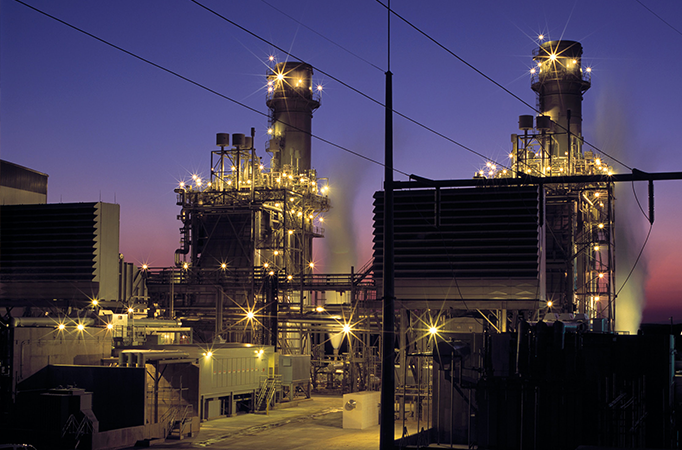
Morning Brief – Every gas cloud…
…has a silver lining. Perhaps. To start with a reminder of currency dynamics. Terms of trade has always been a highly influential factor behind currency valuations. Typically, over the medium term (normally measured in low digit years) it is the only reliable indicator of a currency’s performance over another. Terms of trade refers to the favourability in price and the ease at which it can import and export goods and services between another currency area. Factors of competition, legislation (including tariffs and quotas) as well as international consumer demand functions play heavily on the catch all variable of ‘terms of trade’.
Despite being one of the only reliable predictors of currency performance in the medium run it also has an increased significance in times of global uncertainty. When investors lose confidence and appetite for investment and particularly debt markets the typical short-term functions of interest rates and hot money flows deteriorate in significance. In their place currency flows focus on where real money will be moving in exchange for goods and services which itself is most highly dependent upon the relative terms of trade between nations. So more than ever in a time of high inflation, interest and uncertainty, short-term currency flows are moving with the terms of trade.
Thanks to North Sea gas and oil extraction, the UK has in one small sector experienced improving terms of trade with respect to the export of these natural resources. The net impact to the UK economy from spiralling gas and wider natural resource prices will of course be negative. But the colossal demand for gas as Russia tightens the taps on its extraction to the western world has marginally increased the UK’s terms of trade with respect to the export of this increasingly precious commodity. This will provide a positive impact on GBP definitely not to restore it to the levels seen earlier this year anytime soon, but at least to soften the blow and potentially decouple its woes from those of the Euro as we wrote yesterday.
The UK’s current account deficit, the value of stuff we import less the value of stuff we export continued to widen according to ONS data. However, exports to the EU reached all-time highs thanks to over inflated revenues from relatively consistent gas exports to the continent. The aggregate deterioration in our current account deficit quarter on quarter amounted to £1.2bn close to all-time highs. However, the £900M worth of natural gas exported to the EU in July alone (three times higher than the same time last year) has visibly insulated that figure from being as bad as it otherwise might have been, likely protecting GBP from sharper deterioration. Of course, you could ask why we are exporting this gas rather than using it to solve our own problems on shore. This is for two reasons, firstly, it’s a market and the owners of the right to explore North Sea gas reserves in the absence of legislation will sell to the highest bidder and to fulfil existing contracts or quotas. Secondly, the UK has very low levels of gas storage meaning that whilst it may have supply off its borders, once it’s out of the ground it doesn’t have many places to go.
Discussion and Analysis by Charles Porter

Click Here to Subscribe to the SGM-FX Newsletter
Related Insights

Daily Brief – A weaker Dollar: Trump vs. Powell
A weaker Dollar: Trump vs. Powell The Dollar continued to lose ground yesterday as the truce between Israel and Iran appeared to continue to hold. There has been a noticeable return to focus upon macro and monetary influences in major currency pairs. Yesterday, Fed Chair Jay Powell provided his semi-annual monetary policy report before the […]

Daily Brief – Whiplash
Whiplash A highly volatile start to yesterday’s trading session saw a flight to safety in markets. Despite the Dollar having lost much of its appeal as a safe haven lately, there was still an identifiable USD bid prior to and during the European open. We have identified recently how markets have clearly differentiated between general […]

Daily Brief – Top Trumps
Top Trumps Geopolitical risks are outweighing macroeconomic fundamentals in today’s markets. We can see this very clearly from the muted reactions in price being generated from major macro events including data and interest rate decisions. The same holds true of the Fed’s interest rate decision where markets barely blinked at a Fed that had changed […]



 Charles Porter
Charles Porter